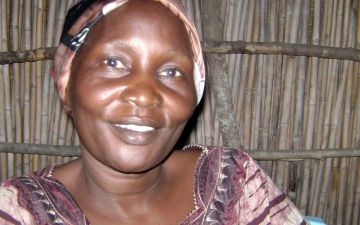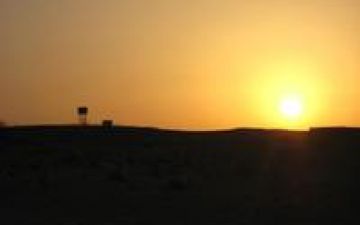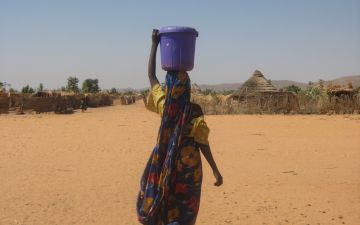Georgia: Tbilisi Streets
Today, someone I was interviewing here in the Georgian capital mused: "If the Americans bombed Belgrade to stop violence against Albanians in Kosovo, why wouldn't Russia bomb Tbilisi to stop violence against Ossetians?" The question made a bit of sense and, increasingly today, it appeared to be something that weighed on minds here.


